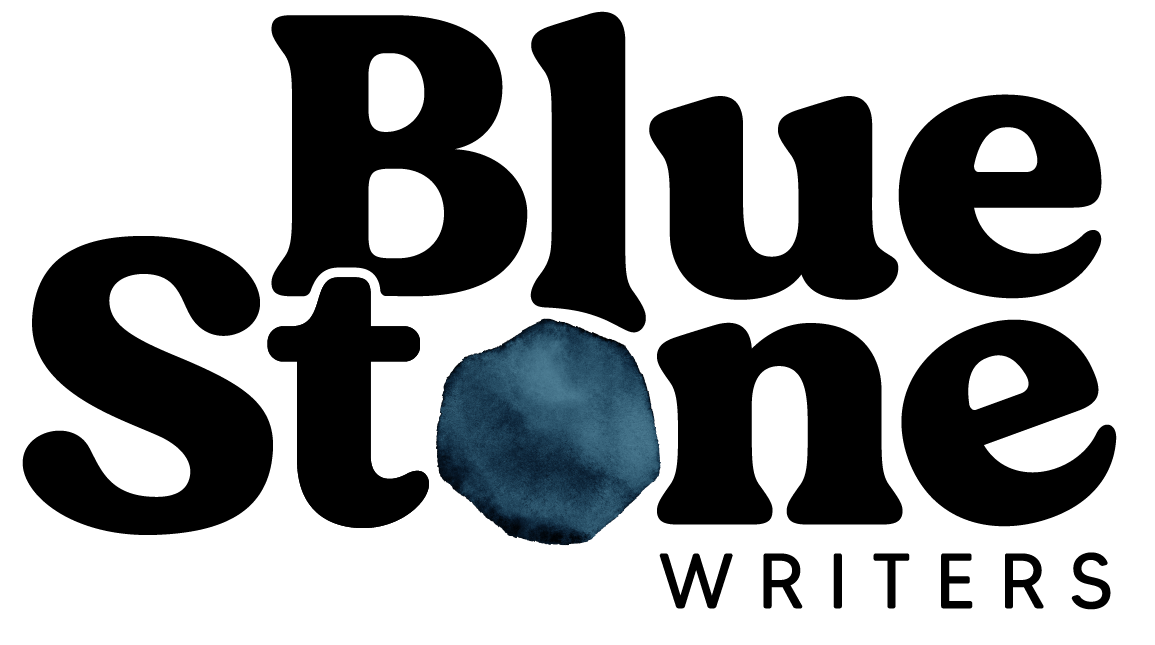Family can be a tough topic to navigate, both personally and in our writing. There are infinite numbers of family dynamics that range from mostly healthy to utterly devastating, each one alternately hopeful and troubling in their own unique ways.
In my own writing, I have recently been working out my characters’ roles within their families by writing them as both children and adults, discovering the continuities and changes in their lives over time. For instance, one of my characters has grown into a chronic people-pleaser after fruitlessly striving to meet his parents’ expectations, while another is following a revenge quest to bring justice against those who perpetrated her mother’s death.
Our characters’ relationships with family often directly influence their core motivations and values.
Exploring the way these motivations and values show up in our characters’ lives can allow us to better understand their actions and ring true to our readers, making our characters increasingly complex and sympathetic.
The echoes of our characters’ families often ring loud in their present and future.
The following prompts are an invitation to discover some of the dynamics that have seeped into your character’s subconscious and show up in their present day.
As a warm up, consider an average day in your character’s childhood. Did they spend their afternoons exploring vast underground caverns? Or perhaps they pickpocketed on the streets of London with a ragtag group of urchins. Maybe they even learned spellwork from a wise mentor and got into explosive scrapes when their magic backfired. Whatever the case, I invite you to write out a day of no consequence, a day so ordinary that your character would not even deign to remember it. Write for nine minutes.
Most siblings swing wildly from singing obnoxious duets to arguing over the slightest inconvenience, and our original characters are no different. Imagine your character for a moment, surrounded by their siblings or by friends so close that the difference is moot. How does your character interact with them? Are there inside jokes, passive aggressive remarks, sneaky projectiles, and whispered secrets? If your character is an only child through and through, how does that affect their relationships with other people? Write for six minutes.
Now, consider the way your character interacts or interacted with their parents/guardians. Did they have a supportive relationship built on mutual trust? Or perhaps they snuck around and kept secrets from an overbearing adult. Whatever the dynamic, consider how that type of relationship now shows up in your character’s relationships with children or mentees. With your character now in the parental or guardian role, how do the legacies of their own experiences with adults translate to the next generation? Write for eight minutes.
In a slightly shifted vein, consider your character in the role of caretaker once their parents or parental figures are unable to care for themselves. Depending on their past with those parents, your character’s attitudes and actions may be quite different. Does your character set their life aside to affectionately attend their loved one, place them in a carefully researched institution and throw away the key, or refuse to take responsibility altogether? I invite you to explore the nuances of this powerful role reversal and how that plays out in your character’s psyche, perhaps as a scene between them and their bedridden guardian. Write for ten minutes.
How did it go? Did you dig it? Subscribe to The Fool & the Page for more guided writing and cosmic conversation.
KAY TEEKELL is Claire’s Summer Communications Associate and fellow creative writer. She has five years of writing and editing experience that ranges from content writing for blogs and magazines to grant writing for nonprofit organizations. Kay is passionate about the power of storytelling and strives to amplify voices that might otherwise be forgotten. She is excited to use her artistic and literary skills in her professional aspirations and will continue to develop her talents for the rest of her life.



